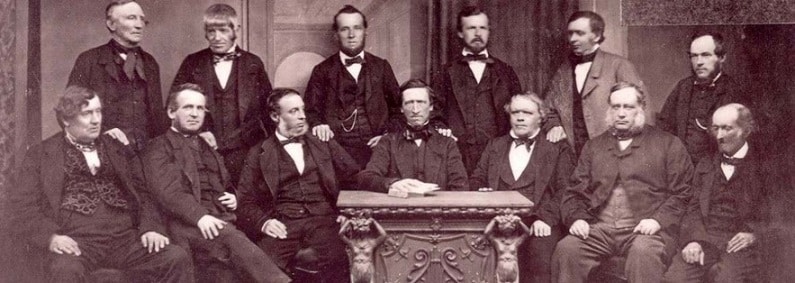Maintenance
Usually included in this charge are salaries for personnel, building safety, security and sanitation, and planned capital improvements. Remember you own shares in a building and the entire building receives the property tax bill not the individual owner. A maintenance payment is frequently about 50 percent property tax and 50 percent common charges. At the end of each year, co-op owners receive a form from the management company letting them know their share of the property tax.
Assessments
All coops have a reserve fund and the monies are used to deal with unexpected expenses (i.e., leaking roofs, new elevators or boiler systems). If there is not enough money in the reserve fund to pay for these expenses, the shareholders experience an assessment which is an additional amount added to the maintenance bill to pay for the expense.
Governance
The New York Times finds that there are at least 7,000 co-ops in NYC and they are governed by New York Business and Corporation Laws (BCL) but there is no regulatory agency that enforces the laws on co-ops; therefore, there is no regulatory agency that enforces the laws on co-ops. In the case of co-op board power abuses or corruption, shareholders have to come up with large sums of money to sue in court which has deterred grieved and ripped off co-op shareholders from standing up to their BODs and allowed co-op board corruption to go unchecked for decades.
In theory, the easiest way to get rid of a corrupt BOD is through the election.
However, under BCL 619, co-op election fraud is a civil offense. The grieved party has to sue in the supreme court and a judge can confirm an election result or order a new election. Even if the “aggrieved” is willing to pay the fees to sue, more disadvantages lie ahead. BCL 721-724 entitles co-op boards money in civil and criminal cases which means while suing shareholders payout of their own pockets the board members do not have to pay a penny.
BOD – Keep Them Honest. Is it Possible?

The Rochdale Equitable Pioneer’s Society, founded in 1844 is generally recognized as the first successful cooperative
BODs are responsible for thousands/millions of dollars – of your money. For some people, the appeal of taking a little for themselves can be irresistible. Protocols may be in place, but fiscal ineptitude and greed often facilitate under-the-table deals and kickbacks that are likely to be almost impossible to track. It is not hopeless, however, if you:
1. Keep all accounts current and accurate .
2. Prioritize detailed record keeping.
3. Establish a REIMBURSEMENT POLICY that mandates costs of products/services, from cleaning products to staff salaries and boiler maintenance services, making certain that the billed amount does not exceed the prescribed constraints.
4. Engage more than one person to review any and all checks being written on behalf of the building.
5. Watch for KICKBACKS. BODs interact with vendors and there are opportunities for malfeasance, bid rigging and kickbacks. Offenses are linked to the project’s costs and decision makers strike deals with contractors or service providers that guarantee that the provider gets the job over other bidders, regardless of price. Soliciting or accepting kickbacks from contractors is beyond an ethical issue; it is called Enterprise Corruption or Bribe Receiving and is a first-degree Class B felony punishable by up to 25 years in prison.
6. Aware of FAVORS. Less serious than kickbacks or manipulating the bidding process is the acceptance of FAVORS and special treatment from vendors and service providers. This can take the form of lavish gift baskets, certificates for dinners at gourmet restaurants, free apartment repairs and upgrades or anything that “sweetens the deal” and encourages a building’s decision makers to go with one product or service provider over another.
7. Prepare for CONFLICT OF INTEREST. If the Board member is also a real estate broker selling units in the building, when the members submit a package to the board, the member stands to benefit upon its approval and should recuse him/herself from the discussion and vote.
8. Support TERM LIMITS that may stem corruption and other shady practices; however, newly elected officials may be linked to prior members and the new member is merely a “place holder.”
9. Lazy or inept MANAGING AGENT. There may be letters, notifications and other important deadlines that are ignored by the managing agency with fines and city code violations in the “to do” pile. This is dangerous as ignoring these documents can lead to penalties that are ultimately paid by shareholders.
© Dr. Elinor Garely. This copyright article, including photos, may not be reproduced without written permission from the author.
The Series:
Part 1. New York City: Nice place to visit but… Really want to live here?
Part 2. Co-ops in Crises
Part 3. Selling a Co-op? Good luck!
Part 4. CO-OPS: WHERE YOUR MONEY GOES
Coming up:
Part 5. BEFORE DIGGING THE CO-OP MONEY PIT
(eTN): Co-ops: Where your money goes | re-post license | post content























